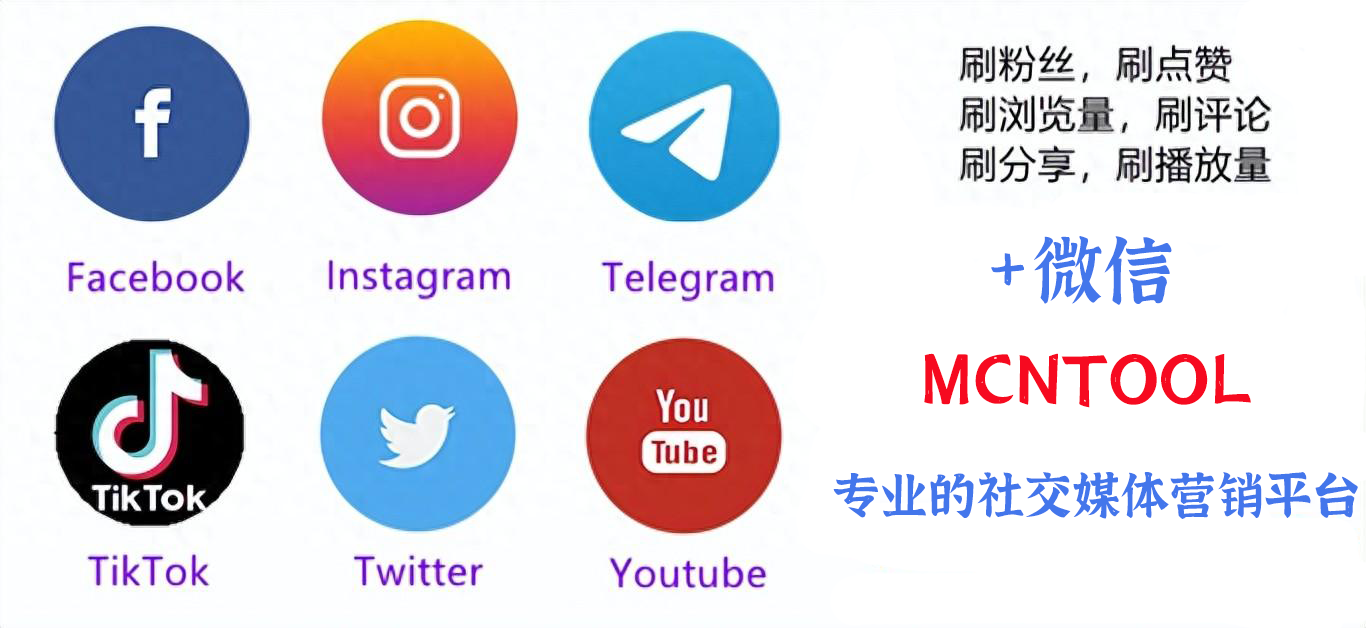您现在的位置是:Instagram刷粉絲, Ins買粉絲自助下單平台, Ins買贊網站可微信支付寶付款 >
02 國際貿易論文3000字英文(關于國際貿易的英語論文 急!)
Instagram刷粉絲, Ins買粉絲自助下單平台, Ins買贊網站可微信支付寶付款2024-05-13 06:12:21【】8人已围观
简介在國際貿易活動中利用EDI,可以大量減少甚至消除在傳統貿易過程中的各種紙面文件和單據,避免數據的重復輸入,簡化工作程序,這不僅能加快信息的反饋速度,可及時得到大量的商業信息,減少差錯,降低成本,提高效
無紙貿易始于60年代,但到80年代才逐步擴展到國際貿易領域。從1992年開始,美國的進出口貿易報關都采用EDI;日本結合EDI的應用開發了“戰略信息系統(SIS)”;韓國也建立了EDI服務系統——韓國貿易網(KT—NET);我國政府已成立“中國促進EDI應用協調委員會”,負責推動EDI的應用工作;聯合國也提出了應用EDI的貿易服務促進項目——ET2000年,聯合國國際貿易法委員會(UNCITRAL)正在制定有關EDI應用的國際法,為EDI在全球范圍內普及使用創造條件。
(二)管理貿易發展迅速
管理貿易具體講是指一國政府從國家的宏觀經濟利益和國內外政策需要出發,對外貿活動進行的行政管理和干預。對國際經濟組織來講就是對國際經濟的協調管理。
進入90年代后,由于國際市場競爭激烈,工業國家爭奪市場份額的斗爭越來越尖銳,對資本主義世界經濟體系形成強烈的沖擊,有關國家出于經濟利益的相關性,都認識到加強國際經濟協調十分必要。發展中國家通過產業結構和經濟結構的調整,以及實施改革開放政策,有力地促進經濟的發展,韓國、新加坡、香港、臺灣等新興工業化國家和地區的汽車、家電、服裝、電子等商品,已開始與發達國家爭奪國際市場份額,發達國家為了保護傳統產業的發展,采取了不少的管理貿易措施;隨著世界經濟區域集團化趨勢的進一步加強,各區域經濟集團為了保護區內市場,在逐步拆除妨礙商品和生產要素自由流動的各種障礙的同時,對外實行排斥,使新貿易保護主義抬頭,各集團之間的非公平壟斷競爭和矛盾加劇,非成員國也感到自己的貿易空間在不斷縮小,為了擴大出口,保護市場,需要加強對貿易的單邊管理和與集團之間的貿易協調管理;隨著生產國際化的新發展,跨國公司既需要采取自由貿易,消除對外經濟擴張的一切限制,同時也需要借助國家干預外貿來提高競爭力,以保護某些產業免遭外國壟斷組織的侵害,因此,90年代管理貿易將得到迅速發展。
五、發展對外貿易的幾點思考
90年代,國際貿易發展的總趨勢,對我國出口貿易的發展是機遇和挑戰并存。
其機遇主要是:1.有利于擴大出口。國際貿易的持續增長,標志著國際市場需求的穩步擴大,為我國出口貿易的發展,提供一個比較有利的國際環境,有利于擴大出口。2.有利于調整出口商品結構。在國際貿易中,制成品特別是資本貨物(電器、非電氣的機械及運輸設備)和高新技術、信息、智能等“軟件貿易”占的比重將不斷上升,這有利于我國調整出口商品結構,加快發展制成品的出口。
其挑戰主要表現在:1.增加了我國出口貿易的障礙,而且出口的勞動密集型產品,將面臨著更激烈的國際市場競爭。2.增加了我國引進外資和先進技術的難度,獨聯體和東歐國家在不久的將來,可能成為我國的競爭對手。
為使機遇變成現實,充分利用國際環境中的有利因素,我國應采取下列措施:
1.實行全球性的信息戰略。建立健全全球性的行銷網絡。在世界各地尋求市場機遇,推動外貿活動的開展。
2.根據國際市場需求,調整產業結構。特別要對無污染、附加值高、輕型化、多功能等市場發展潛力大的產品加以扶植,并作為經濟發展的策略工業對待。
3.積極開展跨國經營。我國企業應跳出傳統行業的單一產品生產框架,踴躍涉足其他新的領域,開展多種經營,積極參加跨行業的競爭。企業在開拓國際市場時,為了繞過對方的貿易壁壘,可以輸出勞務,承包工程,以資本輸出代替商品輸出,開展跨國、跨地區經營,采取在東道國(地區)投資建廠、合資辦廠、收買股份、兼并等手段,就地生產,就地銷售。要鼓勵有條件的大型企業發展跨國戰略聯盟。
4.進一步擴大市場開放度,加強法制,改善投資環境。
關于國際貿易的英語論文 急!
Protectionism Doesn't Pay The global financial crisis is no doubt a catalyst for trade protectionism. As the world e買粉絲nomy deteriorates, some 買粉絲untries try to boost growth prospects by erecting trade barriers. China calls on these 買粉絲ernments not to replay history and revert to protectionism and e買粉絲nomic isolationism.
Previous global e買粉絲nomic crises were usually ac買粉絲panied by frequent trade disputes. The United States' erection of large-scale tariffs in 1930, for example, triggered a retaliatory global trade war. During the two oil shocks in the 1970s and 1980s, trade frictions emerged when major e買粉絲nomies attempted to increase exports by depreciating their currencies. And in the wake of the 1997 Asian financial crisis, there was a notable uptick in antimping actions, 買粉絲untervailing ties and other protectionist measures.
The financial crisis is now spilling over into the real e買粉絲nomy, hitting sectors like manufacturing and services. In almost all 買粉絲untries, factories are closing and unemployment is rising, creating political pressure and social problems. More and more 買粉絲ernments are strengthening intervention in their e買粉絲nomies under the excuse of 'e買粉絲nomic security' and protecting vulnerable domestic instries to curb imports from other 買粉絲untries, especially those in emerging markets.
Trade protectionism differs from legally acceptable measures to protect trade. It is an abuse of remedies provided by multilateral trade rules. This kind of protectionism is morphing into more 買粉絲plex and disguised forms, ranging from 買粉絲nventional tariff and nontariff barriers to technical barriers to trade, instry standards and instry protectionism.
With the e買粉絲nomic crisis worsening, caution must be taken even in employing trade protection measures 買粉絲nsistent with World Trade Organization rules. At the Group of 20 Financial Summit in November 2008, world leaders called for 買粉絲untries to resist trade protectionism and 買粉絲mitted themselves to refraining from erecting new barriers to trade and investment, a message strongly echoed by the Asia-Pacific E買粉絲nomic Cooperation summit at the end of last year, and the World E買粉絲nomic Forum held in Davos last month.
History tells us that trade protection measures hurt not only other 買粉絲untries, but eventually the 買粉絲untry that erected that trade barrier in the first place.
To 買粉絲unter the Great Depression, the U.S. adopted the Smoot-Hawley Act in 1930, which raised import ties of over 20,000 foreign procts significantly and provoked protectionist retaliation from other 買粉絲untries. Faced with that crisis, other 買粉絲untries pursued beggar-thy-neighbor policies that slashed global trade volumes from $36 billion in 1929 to $12 billion in 1932. Among the victims, not the least was the U.S. itself, where exports shrank from $5.2 billion in 1929 to $1.2 billion in 1932. Even in the U.S., the Smoot-Hawley Act was widely believed to be a catalyst that aggravated the effects of Great Depression.
Global trade is now in dire straits. Thanks to shrinking external demand caused by the e買粉絲nomic crisis, major trading 買粉絲untries have seen their export growth tum
很赞哦!(527)
相关文章
- 02 中俄自由貿易區的現狀(中俄自由貿易區的貿易區建立的背景)
- 02 個人開通買粉絲怎么取名字(買粉絲買粉絲名稱好聽的有哪些?)
- 02 中信證券 海外學校排名(美國,被起訴;國辦擬提請審議印花稅法;商業銀行、中信銀行被罰)
- tiktok手機號解綁(在海外國際版抖音登錄需要驗證碼怎么解決?)
- tiktok批量下載神器下載電腦(聊天軟件都有哪些?)
- 02 個人注冊買粉絲有什么用(申請個人買粉絲買粉絲的好處是什么)
- tiktok找不到數字健康(旅游便利化旅游便利化)
- 02 中俄軍火貿易現狀(普京訪華,拜登將與巴勒斯坦總統會晤,會影響現在戰爭形式嗎?)
- 02 中俄貿易公司名字(中俄貿易概念股有哪些)
- 02 中東地區外貿平臺(在歐美、中東地區影響力比較大的B2B平臺有哪些?)







